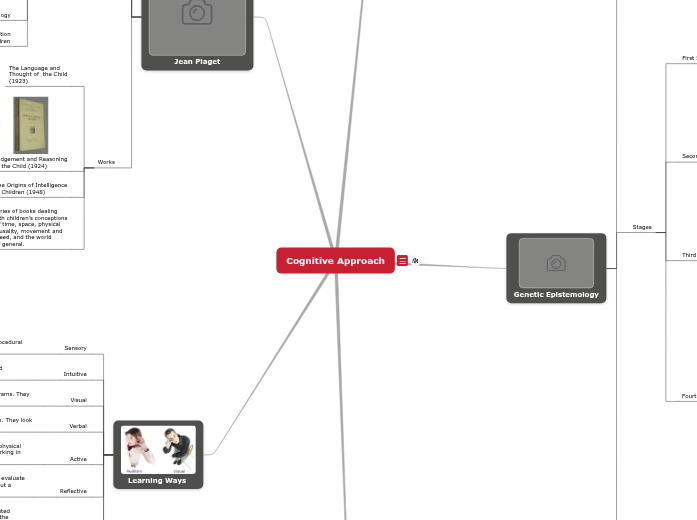по Shirlee Divina Espinel 2 лет назад
134
THE LEGACY OF JOHN B. WATSON'S BEHAVIORAL MANIFESTO FOR APPLIED BEHAVIOR ANALYSIS
John B. Watson's contributions to psychology, particularly through his behavioral manifesto, laid the foundation for what later became Applied Behavior Analysis (ABA). His approach emphasized objectivity, advocating for psychology as an empirical and experimental branch of natural sciences.









